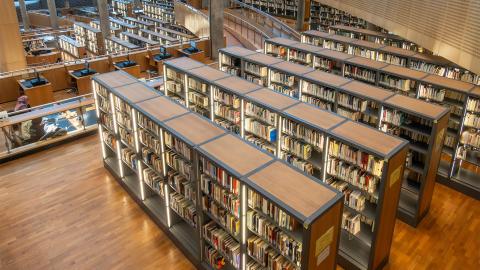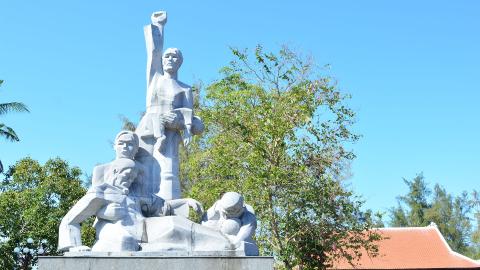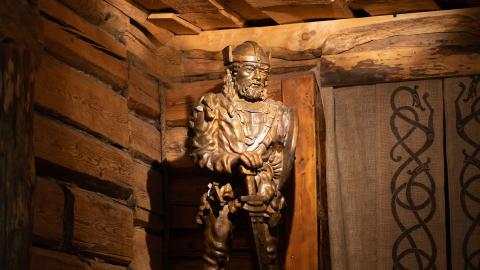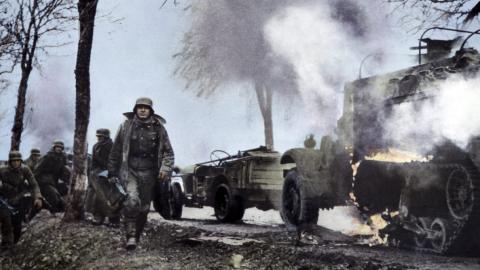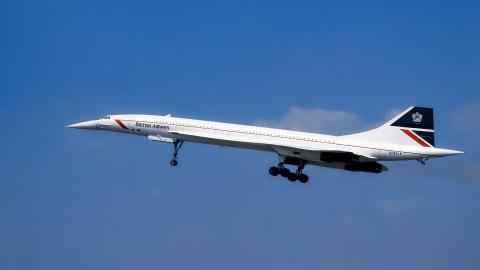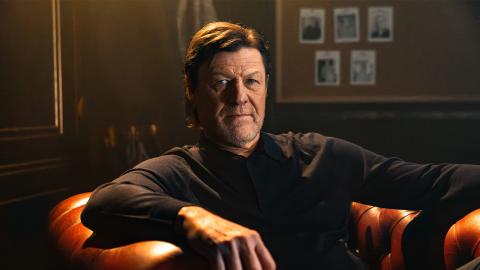The gutsy escapes of 3 brothers across the Berlin Wall
‘I thought I’d never see my brothers again, but they came out of the sky like angels and took me to paradise.’
It was 04:22 May 26, 1989. The sky was clear except for two planes. Two planes manned by two brothers. Two brothers seeking the freedom of a third beyond the Berlin Wall….
Constructed in 1961, the Berlin Wall was a physical symbol of the Cold War: the centrepiece of an iron curtain that divided Western Europe from Eastern Europe, Allied influence from Soviet influence and capitalism from communism. But for the people of Berlin, its impact was much more personal. Families and friends were torn apart, and distress and despair ravaged both sides of the capital.
The East German regime was a harsh one, and the wall was a forbidding obstacle to many who sought freedom beyond. Whilst at least 140 died trying to flee across the wall, many escaped and lived to tell their stories of defiance, love, and courage. One such story being that of, Ingo, Holger and Egbert, the Bethke Brothers.
'Even if they carried on building the wall and made it even higher, there would always be people who wanted to cross.’
Ingo Bethke was only seven years old when the wall was erected, leaving his family on the eastern side of the capital. Every young man had to serve in the People’s Army, and he soon found himself a soldier guarding the border itself. However, the draw of West Berlin had become too much for Ingo.
It was May 26, 1975. Accompanied by a friend, Ingo drove to the wall. With the coast clear, the two crept through a small hole they cut within the border fence. They dodged raked sand that would reveal fugitive footprints to the guards on patrol and avoided tripwires that activated floodlights. Finally, Ingo and his friend carefully navigated a minefield using a wooden block to detect the mines. Once they reached the river bank, the pair blew up air mattresses and silently paddled across the River Elbe. A spread of fog helped them avoid detection from police boats and spotlights. Thirty minutes later they were in West Berlin. One brother had escaped.
‘I wanted to see the country The Beatles came from.’
Ingo kept in contact with his family through letters with fake return addresses, cryptic telephone calls, and the use of other relatives. Eight years passed, and on March 31, 1983, Ingo's brother Holger made the move to join his older brother in the West: his planned method of escape – zip wire.
For two weeks Holger practised at a public park, masquerading as a circus performer. The wall was scouted, sketches were made, and Holger practised his archery. Dressed as electricians, Holger and his friend crept into a house on Schmollerstreet in East Berlin’s trap town. The pair patiently waited for over 13 hours in the attic, keeping in constant contact with Ingo via radio.
Following two failed shots, the fugitives successfully fired an arrow - connected to a 200m cable - over the Berlin Wall. Ingo swiftly attached this cable to the back of his car, whilst Holger secured his end to a chimney. The time was ripe. Using homemade wooden pulleys, they took off to a brisk start. However, the decline was overestimated, and three yards short of safety in the west, the two were left hanging over no man's land. Instinctively, Holger swung up his legs onto the rope and carefully crawled his way across, unnoticed by the border guards below. Minutes later he dropped into West Berlin. Two brothers had now escaped.
The reunited brothers Ingo and Holger began running a pub together in Cologne but soon their minds turned to helping their youngest brother, Egbert. After five years of preparation, a most audacious escape was hatched. Selling their pub, the brothers bought two ultralight aircrafts which they taught each other how to fly. A failed attempt on May 11, 1989 did little to discourage the determined siblings who had painted Soviet stars on their planes, fitted with military uniforms and helmets. They were ready.
‘I thought I’d never see my brothers again, but they came out of the sky like angels and took me to paradise.’
It was 04:22 May 26, 1989. Egbert Bethke hid quietly in a bush at Treptower Park, East Berlin. The minutes passed ...Egbert waited. Suddenly two specks in the morning sky descended toward him. Whilst one plane circled above, surveying the area, another landed in front him. It had been 14 years since he last saw his older brother, Ingo, but there was no time for an emotional reunion: 'Go Ingo, Go!' shouted Egbert.
After 16 minutes in the air Ingo, Holger, and Egbert stood reunited in front of the Reichstag Building in West Berlin. All three brothers had now escaped.

